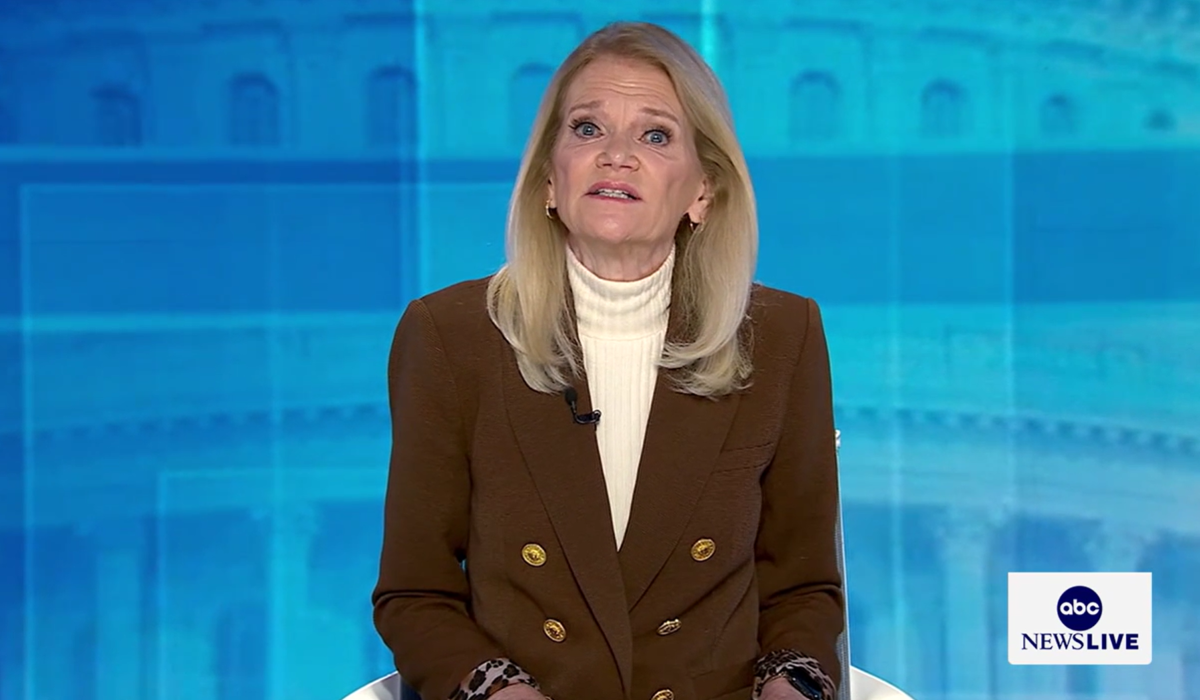Former FBI Director James Comey was indicted last week on charges of lying to Congress and obstructing a congressional proceeding. The indictment has sparked significant debate regarding its implications for political accountability and the integrity of the Justice Department.
Explainer James Comey Indicted on Charges of Lying to Senate Committee
The indictment, which is reportedly only two pages long, alleges that Comey shared information about an investigation related to Hillary Clinton with a friend, who then leaked it to a reporter. Sources indicate that Comey reaffirmed his earlier testimony during a Senate hearing in 2020, which prosecutors claim was misleading.
Martha Raddatz, anchor of ABC's "This Week," addressed the indictment during a recent broadcast, questioning the motivations behind the charges. "Republicans repeatedly accused Joe Biden’s administration of weaponizing against President Trump. Isn’t that exactly what is happening here?" she asked.
Raddatz's comments reflect a broader concern among critics who argue that the indictment may represent a politically motivated action against a former adversary of Trump. Supporters of the indictment, including Attorney General Pam Bondi, maintain that it is a necessary step to uphold the rule of law. Bondi defended the indictment, stating, "We must hold everyone accountable, regardless of their position."
We must hold everyone accountable, regardless of their position.
The political backdrop to the indictment is complex. President Trump has long criticized Comey, viewing him as a key figure in what he describes as a politically motivated investigation into his campaign's alleged ties to Russia. In the days leading up to the indictment, Trump publicly urged the Justice Department to take action against Comey, stating, "Justice must be served now."
In a notable shift, Trump replaced the U.S. attorney for the Eastern District of Virginia with Lindsey Halligan, a former personal attorney, after the previous prosecutor declined to pursue charges against Comey. Critics argue that this move raises questions about the independence of the Justice Department and whether it is being used as a tool for political retribution.
Pierre Thomas, ABC's chief justice correspondent, noted that it is rare for prosecutors to fail to secure an indictment when presenting to a grand jury, as the defense does not have the opportunity to present its case at that stage. However, he pointed out that the grand jury was not unanimous in its decision on the two counts against Comey.
The indictment has also drawn attention to the ongoing political tensions in Washington, with a potential government shutdown looming. Congressional leaders are scheduled to meet at the White House to discuss a short-term spending deal, which could impact federal operations and employee job security.
As the political landscape continues to evolve, the implications of Comey's indictment remain uncertain. Supporters of the indictment argue it is a necessary measure to ensure accountability, while critics warn it could set a dangerous precedent for political prosecutions in the future. "This is a troubling moment for our democracy," Raddatz concluded during her broadcast, highlighting the polarized views surrounding the case.
The situation underscores the ongoing divisions within American politics, as both sides grapple with the ramifications of the indictment and its potential impact on future legal and political actions.
Why it matters
- Comey's indictment raises questions about political accountability and the integrity of the Justice Department amid ongoing partisan tensions.
- The case highlights concerns over potential political motivations behind legal actions against former officials, particularly in the context of Trump's criticisms.
- The indictment could set a precedent for future political prosecutions, impacting how accountability is perceived in government actions.
- The situation reflects deepening divisions in American politics, with implications for both the Justice Department and future congressional proceedings.
What’s next
- Congressional leaders to meet at the White House to discuss a short-term spending deal, potentially affecting federal operations.
- Watch for reactions from both political parties as the implications of the indictment unfold in the coming weeks.
- Monitor any further developments regarding the investigation and potential additional charges against Comey.
